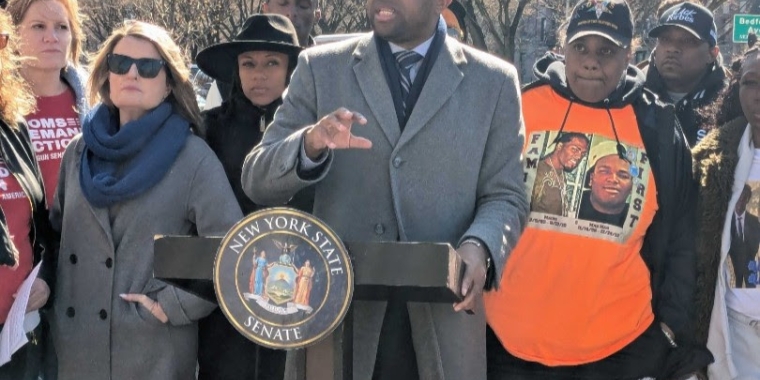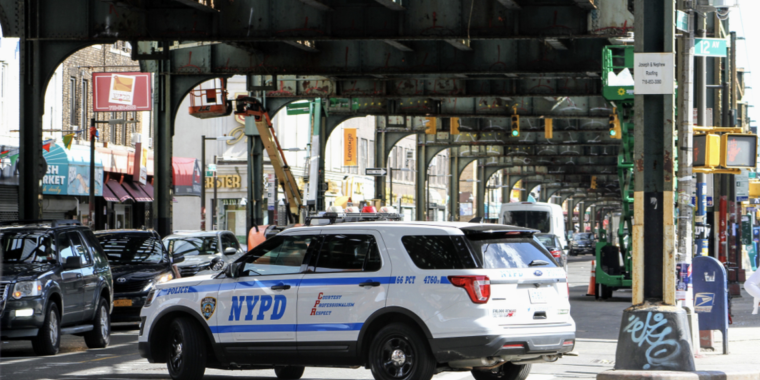
Op-ed: Clean Slate bill can reduce recidivism and drive a more inclusive economic recovery

Today approximately 2.3 million New Yorkers are being denied the opportunity to secure meaningful employment, housing, education and more because of a criminal record. A criminal record should not be a lifetime sentence. It’s time to give people a real chance to get back on their feet.
For those who have fulfilled their justice-system obligations, the process to clear their record can be burdensome and costly. New York has had an application-based process in place for three years, but under the current process, only 0.5% of the estimated eligible 600,000 New Yorkers have had their records cleared.
The barrier, which makes it difficult for people with a criminal record to fully participate in the economy, also has a hefty price tag: The Center for Economic Policy Research states that a felony conviction can have an adverse impact on a person’s employment prospects. In terms of cost to the economy as a whole, the center estimates it can amount to a loss of about $82.5 billion in annual GDP.


